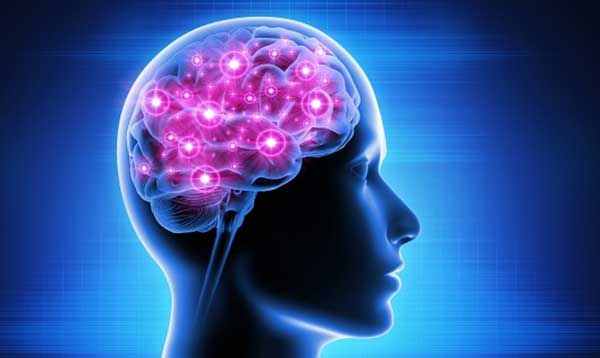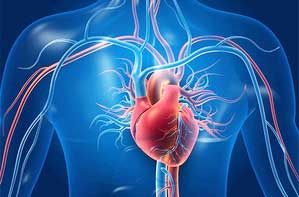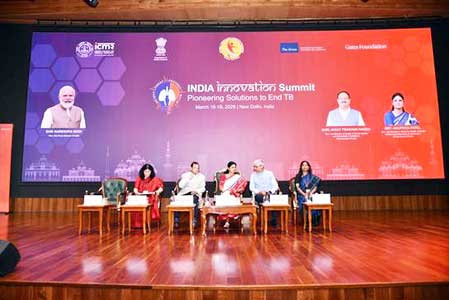US researchers have identified how bacteria hijack crosstalk between nerve and immune cells to cause meningitis, a highly fatal brain disease.
The team led by researchers at Harvard University in a mice study showed that bacteria exploits nerve cells in the brain's protective layers -- the meninges -- to suppress the immune response and allow the infection to spread into the brain, or meningitis.
"We've identified a neuroimmune axis at the protective borders of the brain that is hijacked by bacteria to cause infection -- a clever manoeuvre that ensures bacterial survival and leads to widespread disease," said Isaac Chiu, Associate Professor of immunology in the Blavatnik Institute at Harvard Medical School (HMS).
The study, published in the journal Nature, identified two central players in this molecular chain of events that leads to infection -- a chemical released by nerve cells and an immune cell receptor blocked by the chemical.
The study experiments show that blocking either one can interrupt the cascade and thwart the bacterial invasion.
If replicated through further research, the new findings could lead to much-needed therapies for this hard-to-treat condition that often leaves those who survive with serious neurologic damage.
Such treatments would target the critical early steps of infection before bacteria can spread deep into the brain, the researchers said.
"The meninges are the final tissue barrier before pathogens enter the brain, so we have to focus our treatment efforts on what happens at this border tissue," said Felipe Pinho-Ribeiro, Assistant Professor at Washington University in St. Louis.
More than 1.2 million cases of bacterial meningitis occur globally each year, according to the US Centers for Disease Control and Prevention (CDC).
Untreated, it kills seven out of 10 people who contract it. Treatment can reduce mortality to three in 10.
However, among those who survive, one in five experience serious consequences, including hearing or vision loss, seizures, chronic headache, and other neurological problems.
Current therapies -- antibiotics that kill bacteria and steroids that tame infection-related inflammation -- can fail to ward off the worst consequences of the disease, particularly if therapy is initiated late due to delays in diagnosis.
Inflammation-reducing steroids tend to suppress immunity, weakening protection further and fuelling infection spread.
Thus, physicians must strike a precarious balance: They must rein in brain-damaging inflammation with steroids, while also ensuring that these immunosuppressive drugs do not further disable the body's defences, the researchers said, stressing on the need for new treatments.






Security forces intensify operations in Manipur, 11 insurgents arrested
Eleven insurgents have been arrested in Manipur and arms and ammunition recovered in the past 24 hours, said officials here, adding that top Army officers of the region have met Governor Ajay Kumar Bhalla.
DoNER Ministry facilitate in unlocking Manipur’s growth: Scindia
Union Development of North Eastern Region (DoNER) Minister Jyotiraditya Scindia on Thursday said that he is confident that his ministry would serve as a proactive facilitator in unlocking new opportunities and accelerating Manipur’s growth and development.
National Herald case: Congress protests outside ED offices in northeastern states
Congress leaders claimed that through false allegations, the Enforcement Directorate (ED) under the direction of the Central government filed a chargesheet against the party's Parliamentary Party Chairperson Sonia Gandhi and Leader of Opposition (LoP) Rahul Gandhi, among others.
Seven cops injured during anti-Waqf Act rally in Tripura
At least seven policemen sustained injuries on Saturday during a clash between the security personnel and the agitators who held a protest rally against the recently enacted Waqf (Amendment) Act in northern Tripura’s Kailashahar under Unakoti district.
68 tonne areca nuts worth Rs 5.87 cr smuggled from Myanmar seized in Manipur
After Mizoram, the Assam Rifles have seized 68 tonnes of smuggled areca nuts worth Rs 5.87 crore in Manipur’s Kangpokpi district, officials said on Friday.